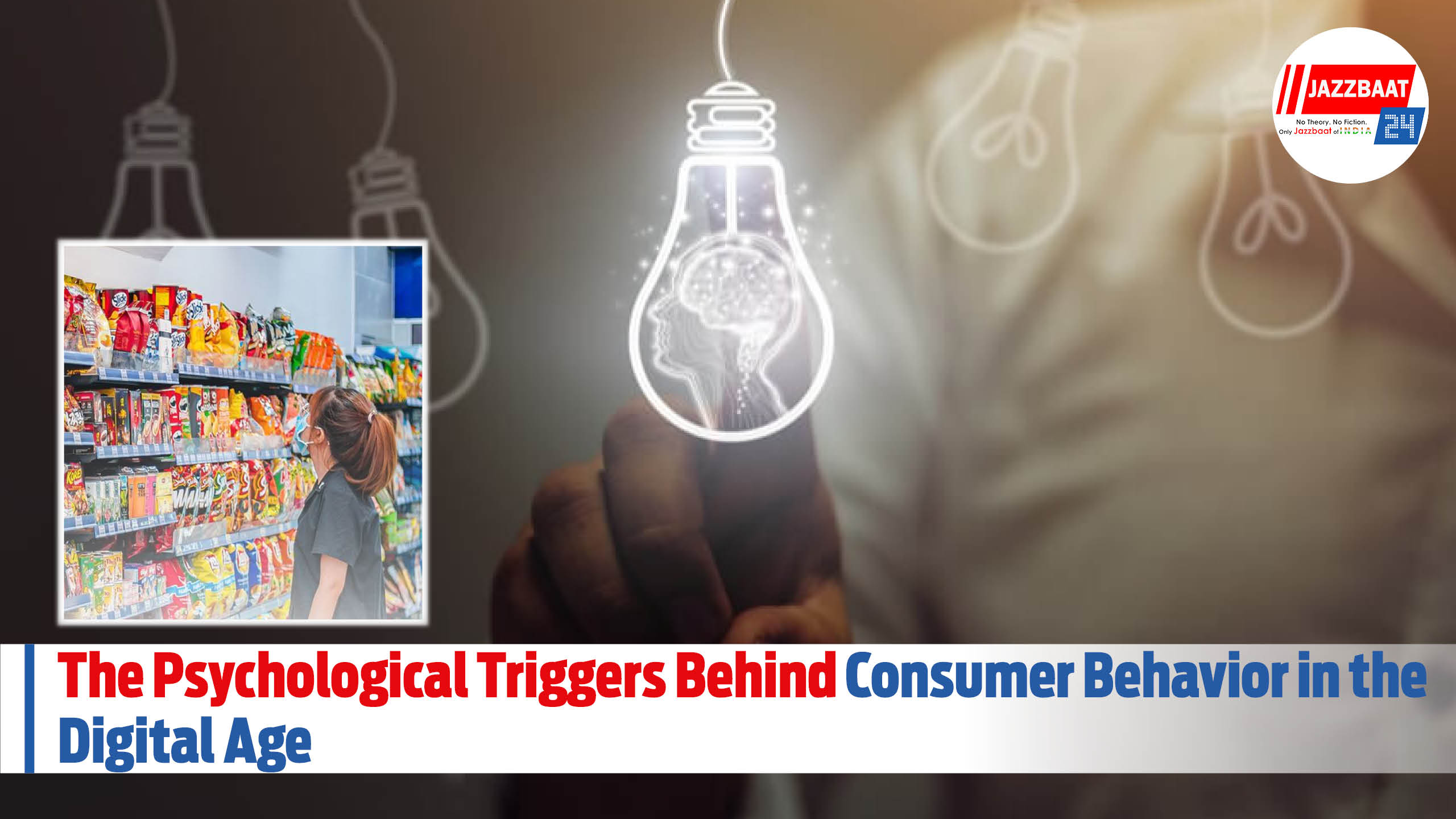
Many aspects of consumer behavior in the digital age are driven by psychological triggers that influence purchasing decisions. One of the strongest factors is social proof. Consumers tend to trust products that have positive reviews, influencer endorsements, or high ratings. When they see their peers sharing opinions and experiences about a product, it increases credibility and makes them more likely to buy.
Another powerful motivator is fear of missing out (FOMO). Limited-time offers, flash sales, and exclusive deals create a sense of urgency, compelling consumers to make quick decisions. The thought of missing a great opportunity pushes people toward impulsive purchases, even if they hadn’t initially planned to buy.
Personalization plays a crucial role in shaping buying behavior. Brands analyze consumer data to offer tailored recommendations and advertisements that align with individual preferences. This makes consumers feel valued and engaged. Emotional storytelling in marketing further strengthens the connection between brands and buyers, fostering trust and long-term loyalty.
The convenience of online shopping has made it a preferred choice over traditional shopping. Features like one-click purchases, fast delivery, and AI-driven customer support enhance the overall experience, making it effortless and appealing. These factors encourage consumers to return to online platforms repeatedly.
Online shopping also triggers dopamine release, making it an enjoyable and even addictive experience. Discounts, loyalty rewards, and gamified marketing strategies amplify this excitement, keeping consumers engaged and motivated to shop more.
By understanding these psychological triggers, businesses can refine their marketing strategies to build stronger relationships with customers and drive sales in the competitive digital economy.